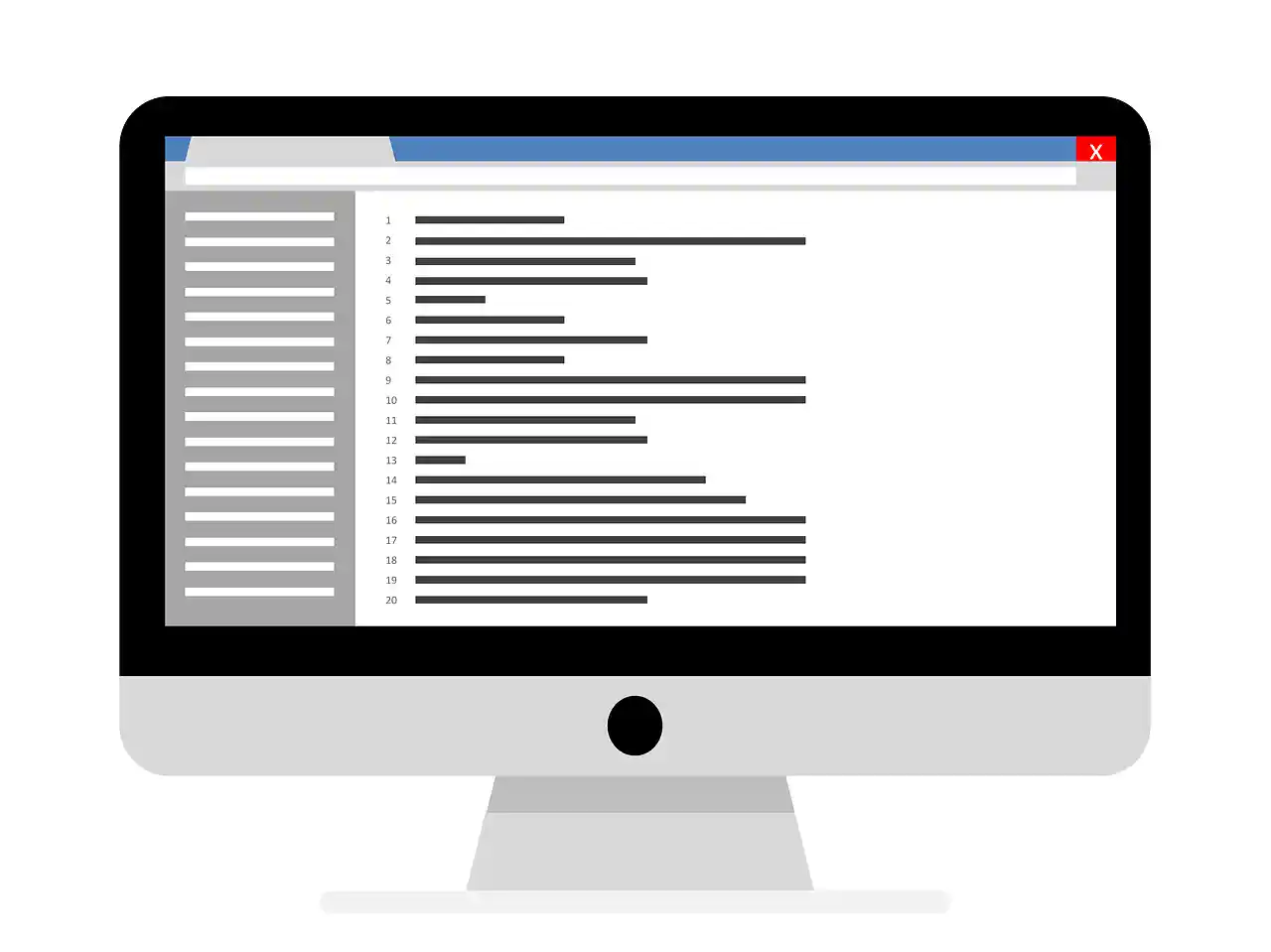Mental health practitioners are essential in helping individuals address mental health challenges. However, managing the administrative and clinical aspects of a mental health practice can be overwhelming and time-consuming. To address this challenge, many companies like Accumedic provide solutions that can streamline practice management.
Significance of Behavioral Health Software
The use of behavioral health EHR software has emerged as a comprehensive solution for mental health practitioners to manage their practices more efficiently and effectively.
One of the significant benefits of using such software is the automation of critical functions such as clinical documentation, eligibility verification, billing, and scheduling, allowing mental health practitioners to focus more on delivering quality care to their patients.
A report by the Agency for Healthcare Research and Quality (AHRQ) has highlighted the potential advantages of using EHRs in mental health practices, which include improving clinical documentation, promoting communication and collaboration among providers, and enhancing patient safety and quality of care.
As a result, the global behavioral health software market is projected to grow significantly in the coming years, with a predicted market size of USD 4.9 billion by 2026, at a CAGR of 19.6% during the forecast period.
Mental health practitioners can greatly benefit from working with a behavioral health EHR company, such as Accumedic. By doing so, they can streamline their practice management processes and improve patient outcomes, ultimately allowing them to provide better care to their patients.
In this article, we’ll explore the key features of behavioral health EHR software and how it can empower mental health practitioners to provide the best possible care to their clients.
Prior Approval and On-line Eligibility Verification
Prior approval and online eligibility verification are critical for mental health practitioners to ensure they receive timely reimbursement for their services. Without these processes, practitioners may face delays in payment or denied claims, which can have a significant impact on their practice’s financial health.
Behavioral health EHR software can automate the prior approval and online eligibility verification processes, streamlining the process for mental health practitioners. The software can check eligibility in real-time, verifying insurance coverage and tracking authorizations for sessions.
Compliance with State and Federal Regulations (Including HIPAA Compliance)
Mental health practitioners must comply with state and federal regulations, including HIPAA compliance. The software should ensure that practitioners adhere to these regulations by implementing necessary safeguards to protect client data and maintain confidentiality.
Clinical Documentation Verification
Accurate clinical documentation is a critical component of effective patient care, as it helps mental health practitioners keep track of client progress, treatment plans, and other important details. However, traditional paper-based documentation can be time-consuming, error-prone, and difficult to manage.
With this software, mental health practitioners can easily input and access client data, including medical history, medications, diagnoses, treatment plans, and progress notes. This data is stored securely in a centralized digital database, making it easily accessible to authorized providers and staff members.
Attendance Based Billing
Attendance-based billing is a convenient feature that simplifies billing for group sessions. The software can track the attendance of group sessions and bill clients accordingly, streamlining the billing process and reducing errors.
Produce State Reporting Requirements
Mental health practitioners are often required to report certain client information to state agencies as part of regulatory compliance. However, state reporting requirements can be complex and vary from state to state, making compliance a challenge for mental health practitioners.
Behavioral health EHR software can help simplify compliance by producing state reporting requirements automatically. The software can be configured to capture the necessary data required by state agencies and generate the appropriate reports automatically. This eliminates the need for manual tracking and reporting, reducing the risk of errors and saving time for mental health practitioners.
Group Scheduling
Group scheduling is a valuable feature for managing the schedules of multiple clients simultaneously. Behavioral health EHR software can simplify the scheduling process by providing a centralized scheduling system that allows practitioners to view and manage their client schedules in one place.
Detailed Intake Data Collection
Detailed intake data collection is critical for effective patient care. Behavioral health EHR software can streamline the intake process by providing customizable intake forms that capture relevant client information, including demographics, medical history, and other pertinent data.
In addition to collecting and organizing client information, behavioral health EHR software can also automate follow-up tasks, such as appointment reminders and client surveys.
Rollup and Unit Based Billing
Rollup and unit-based billing are convenient features that enable practitioners to bill clients for specific services or time units. The software can track the amount of time spent on a particular service or activity and bill clients accordingly, simplifying the billing process and reducing errors.
In conclusion, behavioral health EHR software offers a comprehensive solution for managing the clinical and administrative needs of mental health practitioners. Imagine having a tool that helps you streamline your workflow and keeps all your records in one place.
That’s exactly what behavioral health EHR software does. With its key features, this software empowers mental health practitioners to focus on what they do best – providing quality care to their patients.
